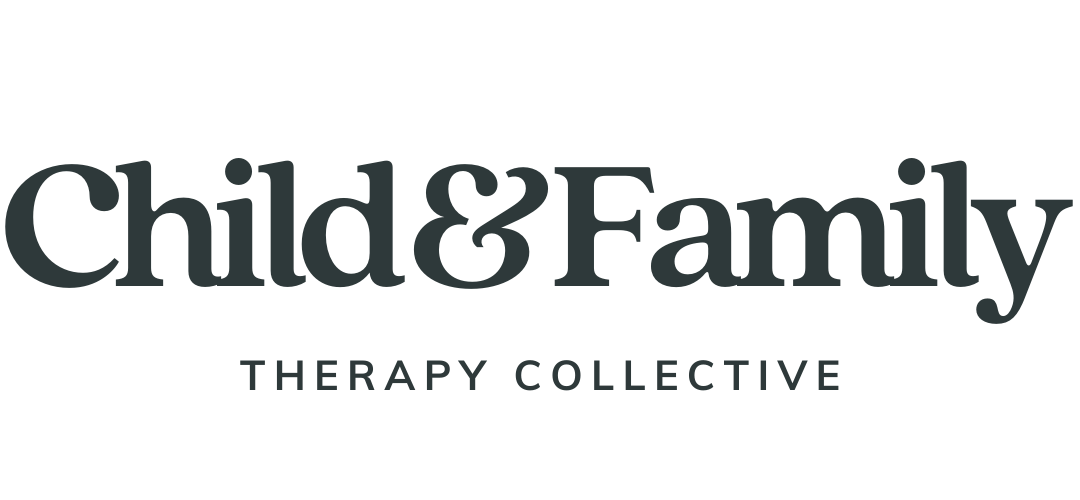What is PCIT and How is it Delivered?
Parent-Child Interaction Therapy, or, PCIT, is an evidence-based approach to treatment for children aged 2-7 who are struggling with emotional or behavioral issues. There are multiple treatments you can find for helping children through emotional and behavioral issues, but PCIT has been proven to work for 50+ years, unlike most others, and can be delivered either in person or online.
What is PCIT Treatment?
Parent-Child Interaction Therapy is designed for short-term intervention to help children with highly destructive behavior manage their emotions. The main goal is to work with both parents and children to build their relationship and the parent’s confidence to effectively help their child manage behaviors and emotions, set limits, and calmly discipline.
Essentially, the therapist guides parent behaviors and parent-led interactions during a PCIT session. Parents learn to master the behaviors they’re practicing through repetition at each session. In addition to time in-session, parents are encouraged to continue practice at home for a few minutes each day.
PCIT is a proven effective treatment for children who have one or more of the following diagnoses:
Oppositional defiant disorder (ODD)
Attention-deficit/hyperactivity disorder (ADHD)
Autism spectrum disorder (ASD)
Other disruptive behavior disorders (DBDs)
Anxiety disorders
Selective mutism
PCIT has also been researched and adapted for children and families with
Selective Mutism
Autism
Trauma-exposed children
parent-child relationships with a history of maltreatment
Child Anxiety
Language delays (we see an increase in speech with PCIT as a byproduct to behavioral gains!)
Infants/toddlers (12 month and up)
Hearing impaired and deaf families
Where Can You Recieve PCIT Treatment?
Parent-Child Interaction Therapy is traditionally done in-person, at a treatment center. During sessions, the therapist observes the interactions between parent and child and “live coaches” the parent through a private listening device, providing in-the-moment skills to help you learn to better manage your child’s behaviors. Research supports online telehealth delivery of PCIT with I-PCIT which increases our reach to families that do not live locally.
In fact, many providers and families today are opting for I-PCIT, because it allows both parents and children to learn together in the home where interactions are often most difficult. At Child and Family Therapy Collective, we will most often use a combination of in person and telehealth delivery to help with learning new skills in multiple environments. This is called “generalization” of skills to environments outside of the clinical setting.
PCIT includes two stages of treatment – relationship building and behavior management. During the first phase, the goal is to strengthen the parent-child relationship and neutralize tricky patterns of behavior. Child Directed Interaction can help you reach these goals with your child.
Decrease frequency, severity, and/or duration of tantrums
Decrease activity levels
Decrease negative attention-seeking behaviors (such as whining and bossiness)
Decrease parental frustration
Increase feelings of security, safety, and attachment to the primary caregiver
Increase attention span
Increase self-esteem (for parent and child)
Increase prosocial behaviors (such as sharing and taking turns)
During the second phase, you will learn evidence-based strategies to help manage your child’s behavior while staying calm and regulated, and maintaining consistency for parent and child. Desired outcomes from the second phase of PCIT include:
Decreased frequency, severity, and/or duration of aggressive behavior
Decreased frequency of destructive behavior (such as breaking toys on purpose)
Decreased defiance
Increased compliance with adult requests
Increased respect for house rules
Improved behavior in public
Increased parental calmness and confidence during discipline
Treatment concluded when parents meet their goals and feel able to manage behaviors at home. In research, PCIT typically lasts 12-20 sessions.
Interested in PCIT at Child and Family Therapy Collective? CLICK HERE to Inquire about our services and availability.
You can learn more about PCIT on their website: http://www.pcit.org/
